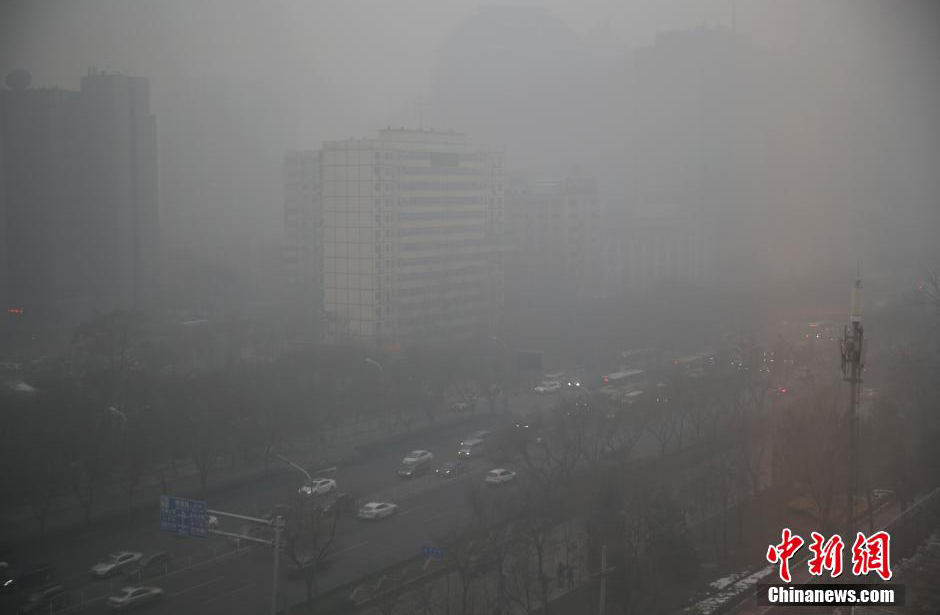- Environmental scepticism of China's ability to meet the Paris climate pledge
- China ratifying the Paris Climate Accord is purely for show
By Babs McHugh



Concerns raised that China is 'green washing' its climate credentials in wake of signing Paris agreement.
A Canadian environmentalist, who has been involved in the Chinese environmental movement for decades, believes China ratifying the Paris Climate Accord is purely for show.
Patricia Adams, an economist and executive director of Probe International, argues China has made no commitment other than to cap its emissions in 2030.
"Essentially, what they are saying is it's business as usual," she said.
"At the moment, 90 per cent of China's energy, transport and some industrial processes is produced with fossil fuels; coal, oil and gas.
"In many industrialised nations, they use 80 per cent fossil fuels for the same thing, and China is saying we're going to try and get to where you are now."
Probe International is a Toronto-based non-government organisation that describes itself as an independent environmental advocacy group.
Ms Adams acknowledged that China had embarked on what has been described as the world's most ambitious renewable energy build.
But she said that won't make much different to the energy mix within China.
"Of course everything is spectacular in China, they are building massive numbers of windmills, solar farms and of course hydro-dams.
"What you often see in the press is they're offering phenomenal amounts of renewable energy to their grids.
"Well that's true, but it's still a tiny fraction of their energy sources."
A Canadian environmentalist, who has been involved in the Chinese environmental movement for decades, believes China ratifying the Paris Climate Accord is purely for show.
Patricia Adams, an economist and executive director of Probe International, argues China has made no commitment other than to cap its emissions in 2030.
"Essentially, what they are saying is it's business as usual," she said.
"At the moment, 90 per cent of China's energy, transport and some industrial processes is produced with fossil fuels; coal, oil and gas.
"In many industrialised nations, they use 80 per cent fossil fuels for the same thing, and China is saying we're going to try and get to where you are now."
Probe International is a Toronto-based non-government organisation that describes itself as an independent environmental advocacy group.
Ms Adams acknowledged that China had embarked on what has been described as the world's most ambitious renewable energy build.
But she said that won't make much different to the energy mix within China.
"Of course everything is spectacular in China, they are building massive numbers of windmills, solar farms and of course hydro-dams.
"What you often see in the press is they're offering phenomenal amounts of renewable energy to their grids.
"Well that's true, but it's still a tiny fraction of their energy sources."
Ms Adams described the Chinese Government's public support for global warming as 'green washing'.
"They're clever, and they know what works in the international spotlight, but it's all optics.
"For example, one of the things they're doing is taking coal in the western part of the country, gasifying it and piping it to the major cities like Beijing and Shanghai.
"They're making 'syngas, and they want to burn that gas there because it is much cleaner and leads to less smog."
"But the problem with coal gasification is that making it from coal actually produces more carbon dioxide.
"They're clever, and they know what works in the international spotlight, but it's all optics.
"For example, one of the things they're doing is taking coal in the western part of the country, gasifying it and piping it to the major cities like Beijing and Shanghai.
"They're making 'syngas, and they want to burn that gas there because it is much cleaner and leads to less smog."
"But the problem with coal gasification is that making it from coal actually produces more carbon dioxide.

Aucun commentaire:
Enregistrer un commentaire